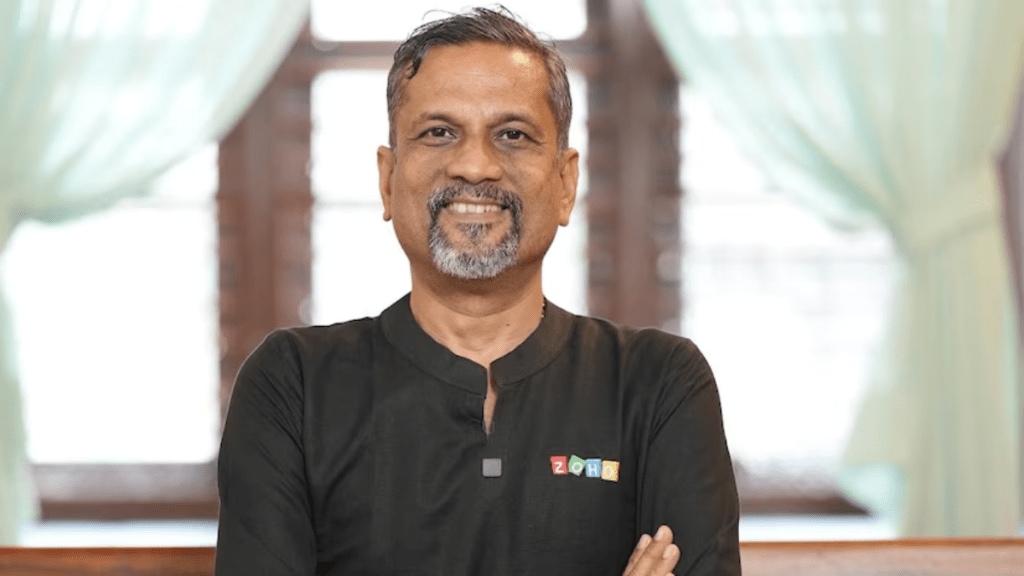Zoho’s Chief Scientist, Sridhar Vembu, has voiced his concerns about the potential impact of artificial intelligence (AI) on the Software as a Service (SaaS) industry. The SaaS ecosystem has been significantly affected by an earlier influx of venture capital, which fueled rapid growth without a strong focus on profitability. However, with that funding now largely redirected toward AI ventures, the flow of capital into SaaS has slowed considerably. As a result, many SaaS companies—previously operating at a loss—are now under pressure to shift their focus toward sustainable, profit-driven models.
VIDEO | ZOHO’s Chief Scientist Sridhar Vembu expressed his concerns on SaaS (Software as a Service) getting affected due to AI (Artificial Intelligence).
— Press Trust of India (@PTI_News) June 2, 2025
He says, “The SaaS ecosystem has suffered from an excess amount of venture capital that came in. That venture capital has… pic.twitter.com/uwARNW9uni
“The SaaS ecosystem has suffered from an excess amount of venture capital that came in. That venture capital has dried up now. Most of it is going towards AI, and that has impacted the SaaS ecosystem. So SaaS companies now have to make a profit- they were running at a loss, and that has caused layoffs and all of that. But then there is a second problem – not just the capital drying up. The second problem is that customers are exhausted. A bank cannot use 500 or 1,000 vendors. It’s not possible to manage all that,” Vembu noted.
Sridhar Vembu has recently urged a more measured perspective on the bold claims surrounding AI-driven job cuts and cost reductions. He stressed the need to separate genuine advancements from exaggerated expectations, noting that despite ongoing progress in AI, its tangible effects on employment and workforce dynamics remain relatively modest.
His remarks come amid a surge of reports forecasting major disruptions to the labor market due to AI. While many technology providers promote AI as a tool for significant cost savings and workforce transformation, Vembu referenced research—including a study by Anders Humlum and Emilie Vestergaard—that indicates the actual influence of AI on productivity and job displacement is still limited in practice.
Meanwhile, Zoho has decided to put its semiconductor manufacturing ambitions on hold. The company had initially planned to invest approximately $700 million to set up facilities for producing semiconductor chips. However, it faced challenges in securing a suitable technology partner, which ultimately led to the suspension of its plans.
In a post shared on X (formerly Twitter), Vembu explained that semiconductor production is a highly capital-intensive industry that typically requires strong government support. He emphasized that the company wanted to ensure it had the necessary technological expertise before accepting any public funding.
“We did not have that confidence in the tech so our board decided to shelve this idea for the time being, until we find a better tech approach.”, Vembu added in the post of X.
Zoho had announced its entry into the semiconductor space in April of the previous year. According to a report by Reuters, the company had launched a dedicated division for this venture, recruited a specialized team, and established a governing board to oversee operations.








